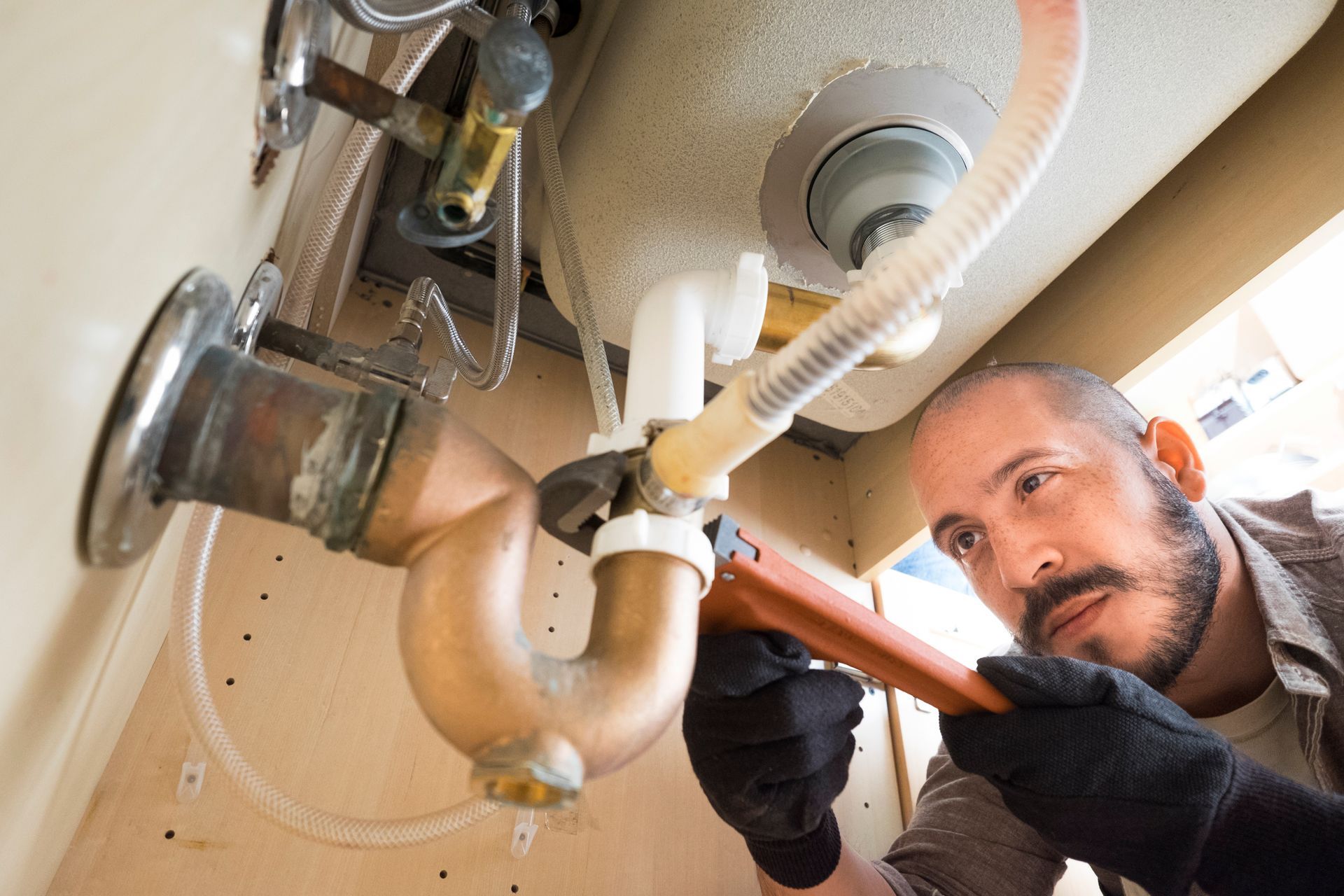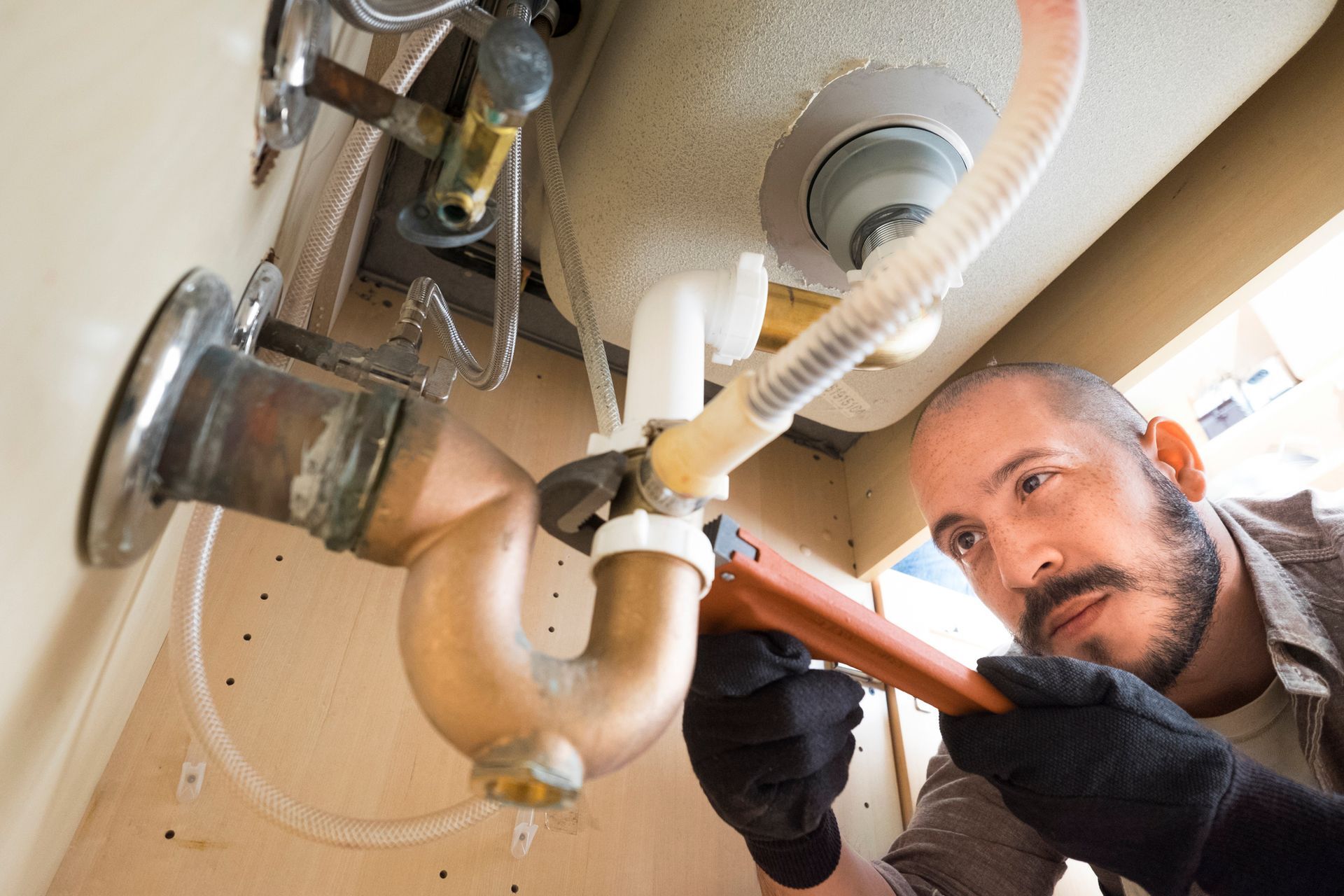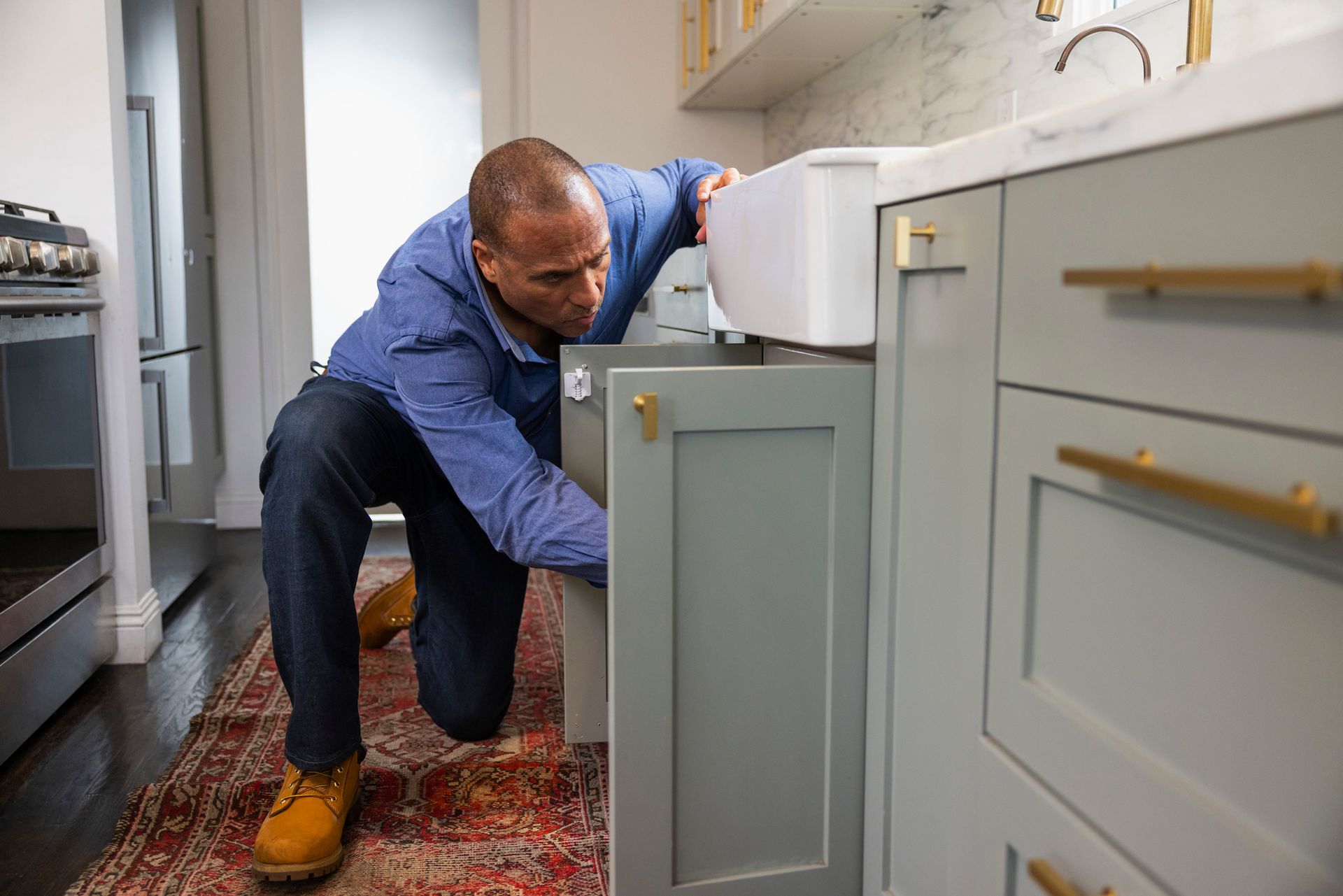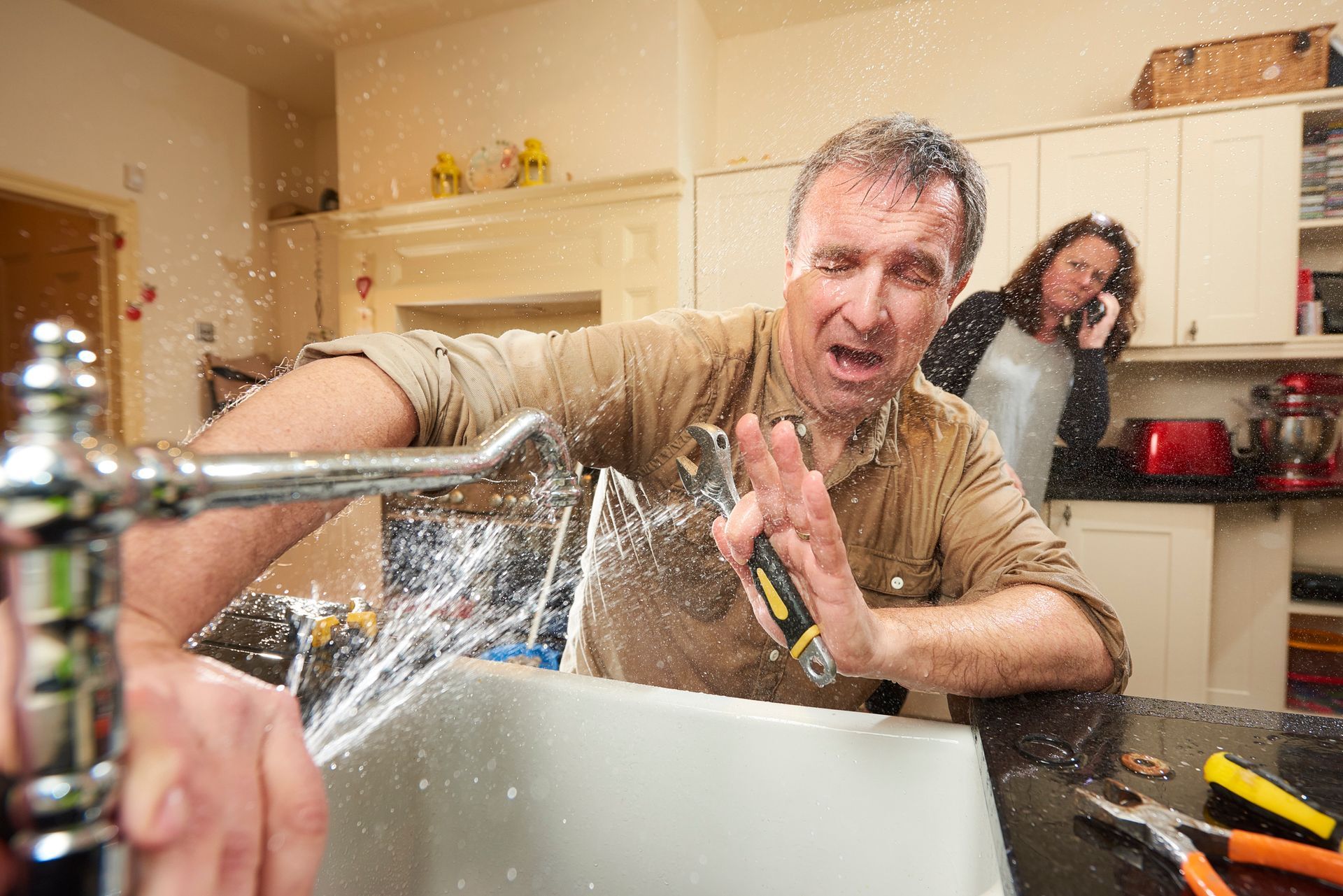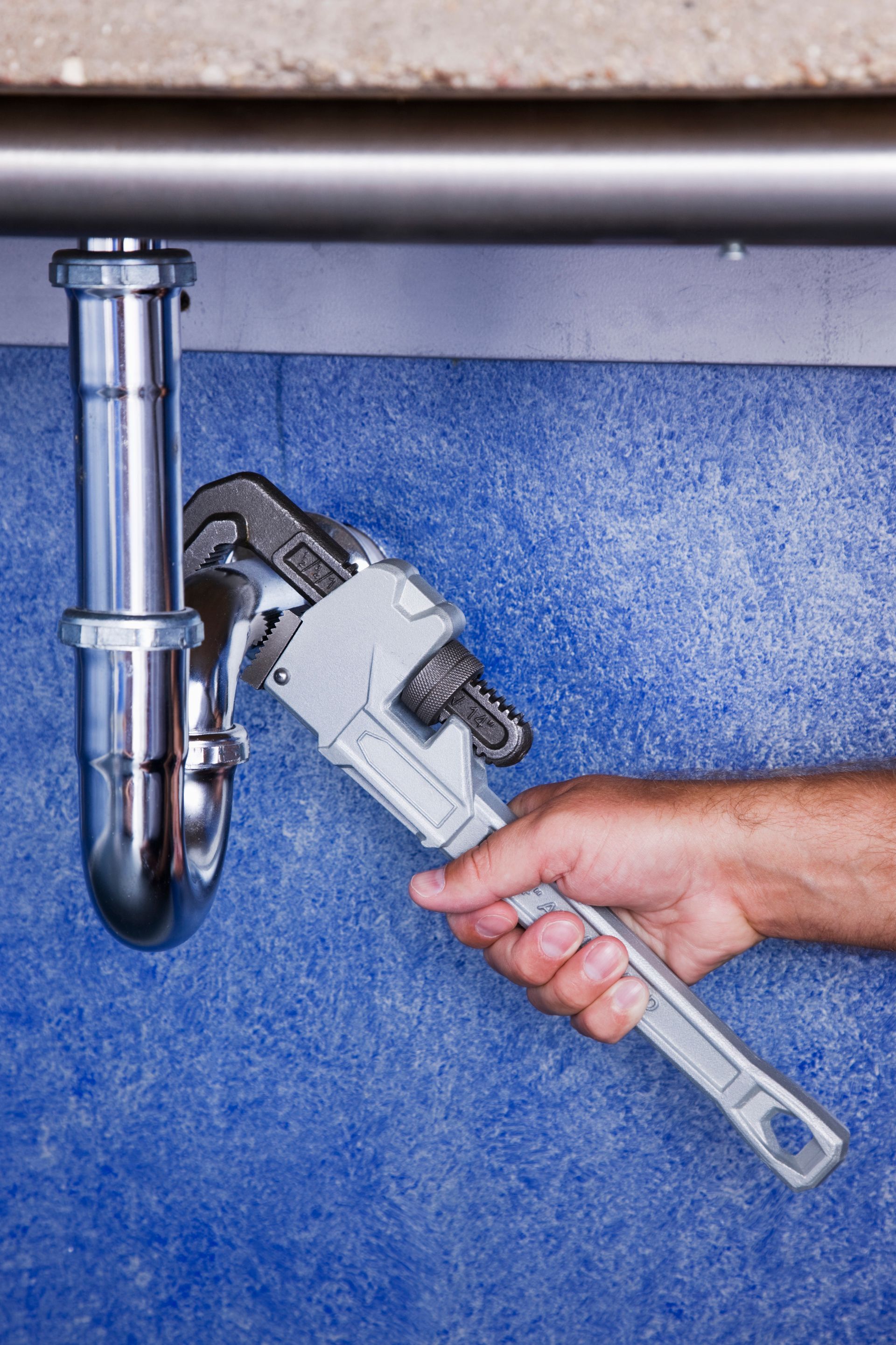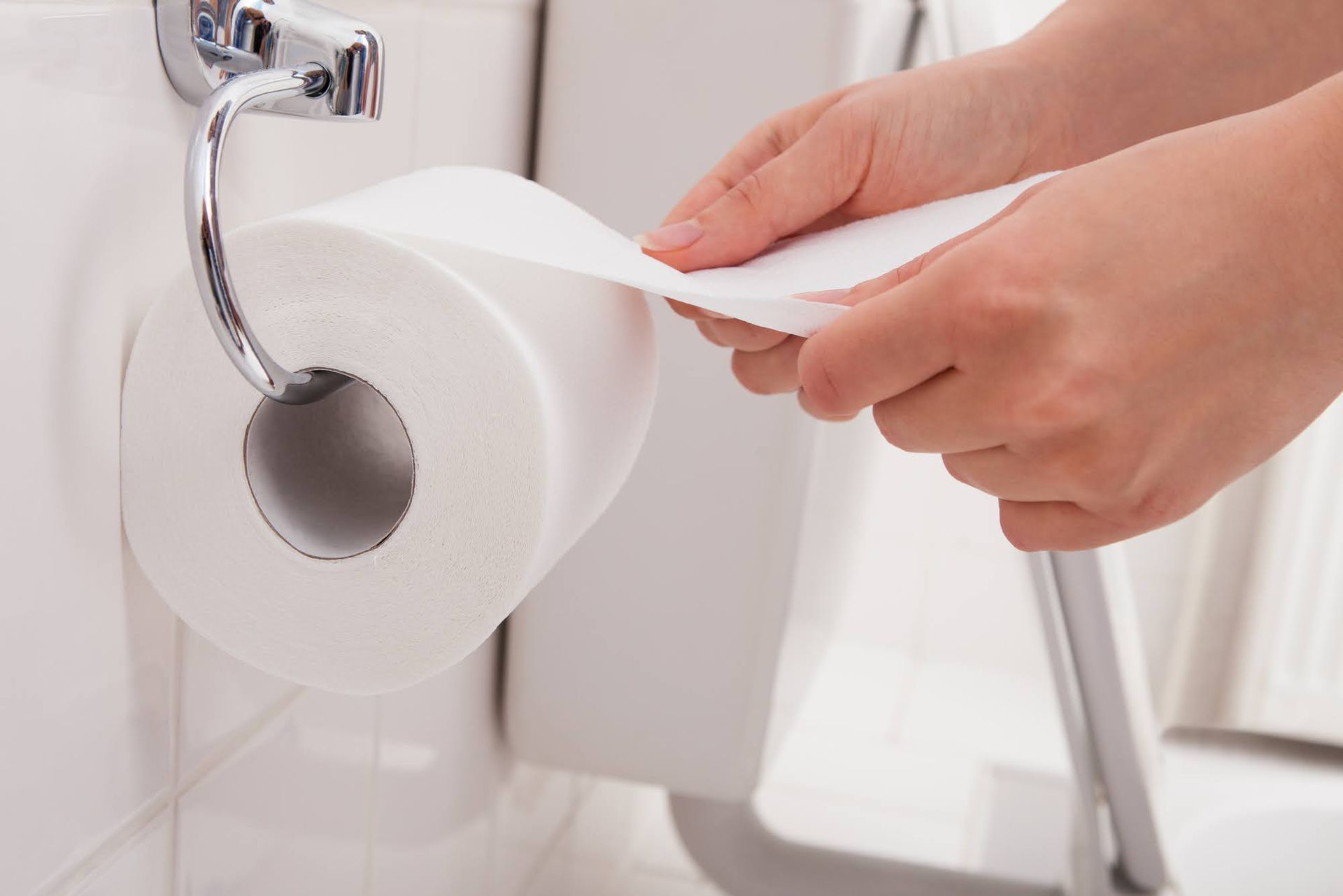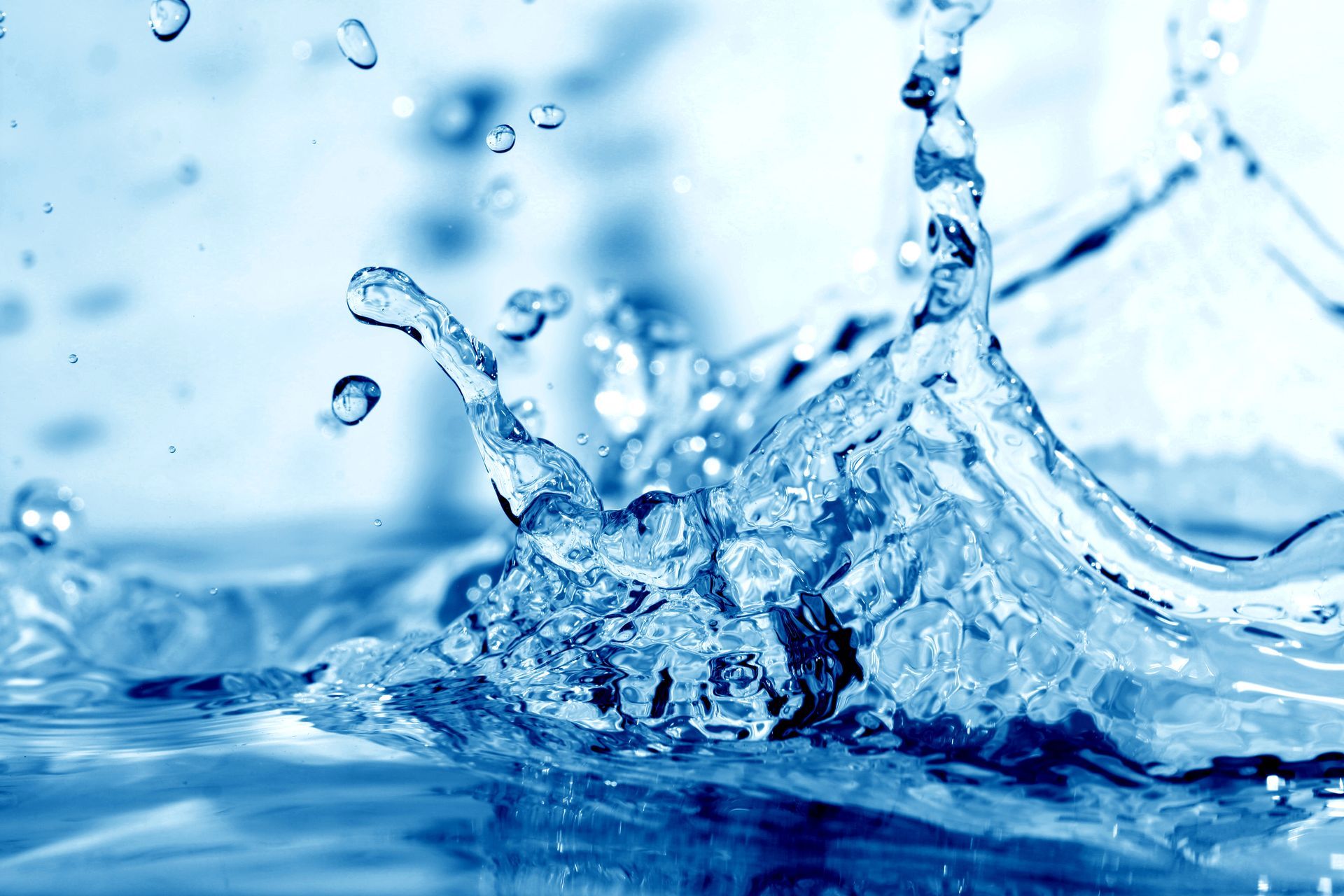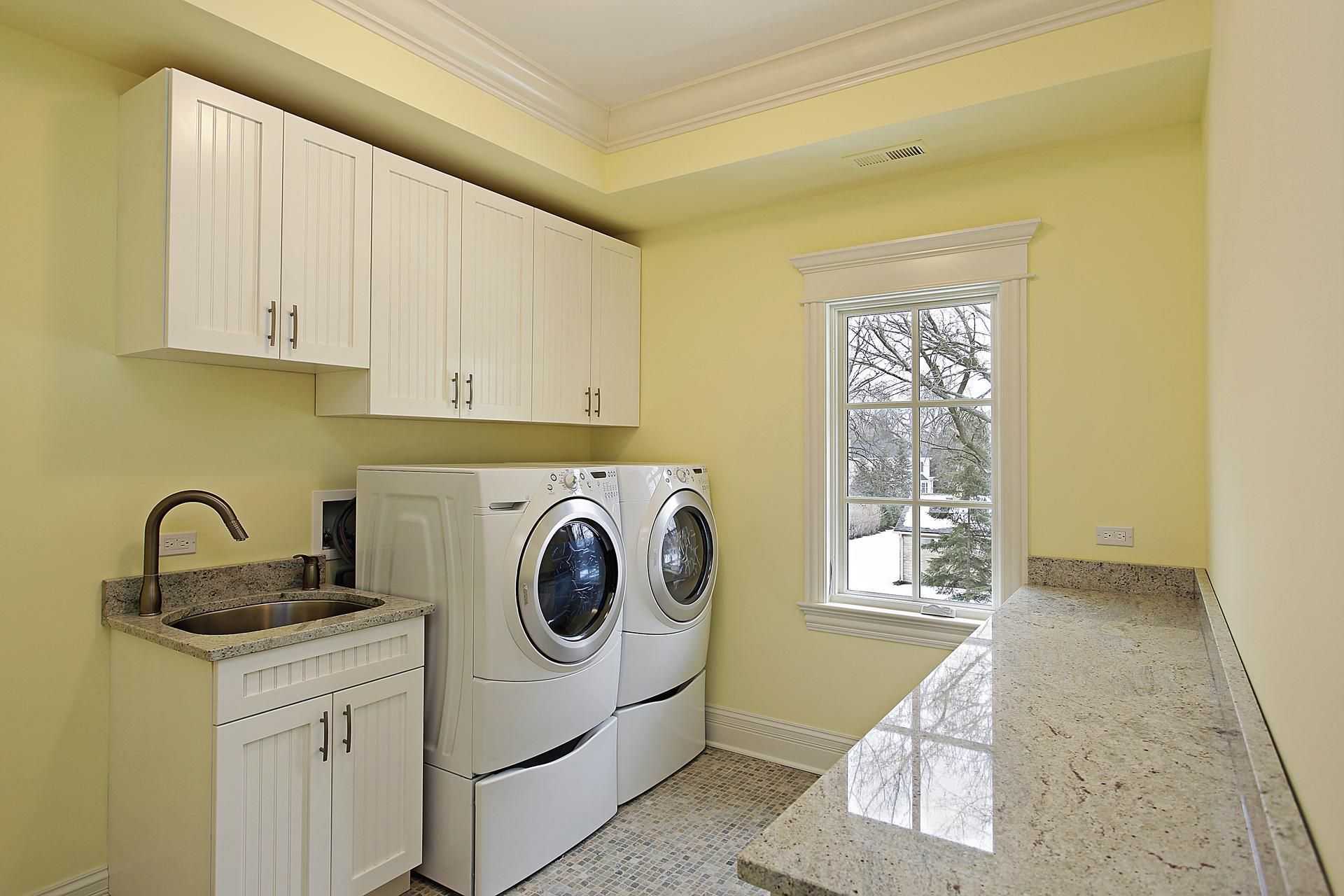Blog
4 Signs Your Home Has Hard Water
If your water appears cloudy or leaves a residue on your hands after washing, you may suspect that your home has hard water. Hard water is a term that describes water with an unusually high concentration of minerals. Unfortunately, hard water is more than a nuisance, as it can negatively impact your home's plumbing in many ways. Here are four signs that your home may have hard water.
1. Stains and Scale Buildup
The telltale sign of a hard water problem is staining and scale buildup on shower heads, faucets, toilets, and other plumbing fixtures. The appearance of these residues will depend on the exact mineral content of your water. White, crusty stains are sometimes known as lime scale and occur when evaporating water leaves behind calcium and magnesium. Brown stains can occur if your hard water is high in iron.
While the only long-term solution for hard water residue is to reduce the hardness of your water, white vinegar can provide a quick fix for unattractive stains. To clean faucets and showerheads, cover them with wash cloths soaked in white vinegar, and then wipe them down with a towel after an hour. Adding a cup or two of white vinegar to your toilet bowl before scrubbing it can get rid of stubborn mineral stains.
2. Film on Dishes
If your dishes come out of the dishwasher with a thin white film on them, you may think there's something wrong with the dishwasher. However, this is often simply a result of hard water. Minerals will coat glass, china, and silverware much like it coats your plumbing fixtures. This problem will worsen the more you use your dishwasher as calcium deposits build up inside the unit.
White vinegar can also help with hard water residue on your dishes. When you notice your dishes aren't coming out as clean as you'd like, empty your dishwasher and start a wash cycle. Once the dishwasher has filled, add two cups of white vinegar to the water inside and let the cycle finish. Your dishes should come out cleaner until minerals begin to build up in the washer again.
3. Dingy Laundry
If you've noticed that your laundry is tinged a gray or yellow color, this could be caused by hard water. The minerals in hard water can clump together with laundry detergent and create a residue that clings to clothes. This residue causes discoloration and makes fabrics unnaturally stiff. The stiffness caused by hard water can make clothes wear out more quickly, as it increases friction in moving fabrics.
Installing a whole-home water softener is the best way to solve hard water issues with your laundry. Softening your water will get rid of stains on your clothes and make them last much longer. You may also see energy savings after installing a water softener, as soft water allows your clothes to get clean quicker and at a lower temperature than hard water.
4. Clogs and Appliance Wear
The minerals in hard water don't pass through home plumbing systems easily. The longer you have had hard water, the more likely it is that there are mineral buildups in your plumbing. Minerals caked on the inside of pipes can quickly create clogs that damage your plumbing.
Hard water clogs can happen inside appliances such as washers and dishwashers as well. Unfortunately, clogged appliances have to work harder to move the same amount of water when they are clogged. This will cause motors and other internal components to wear down much more quickly, reducing the lifespan of your appliances. A whole-home water softener could provide significant savings on appliance repair and replacement.
Many people have lived with hard water so long that they don't even notice it anymore, but the signs are easy to spot if you are aware of them. Contact Complete Plumbing for answers to hard water or any other home plumbing problems!
Installation
Services
and Military Discount




